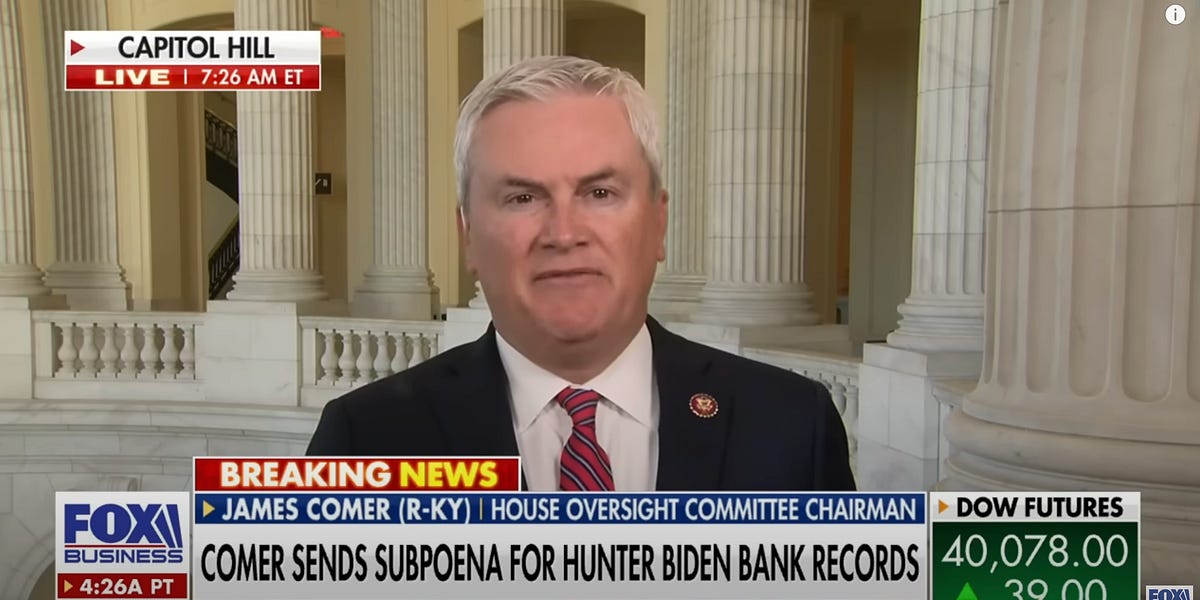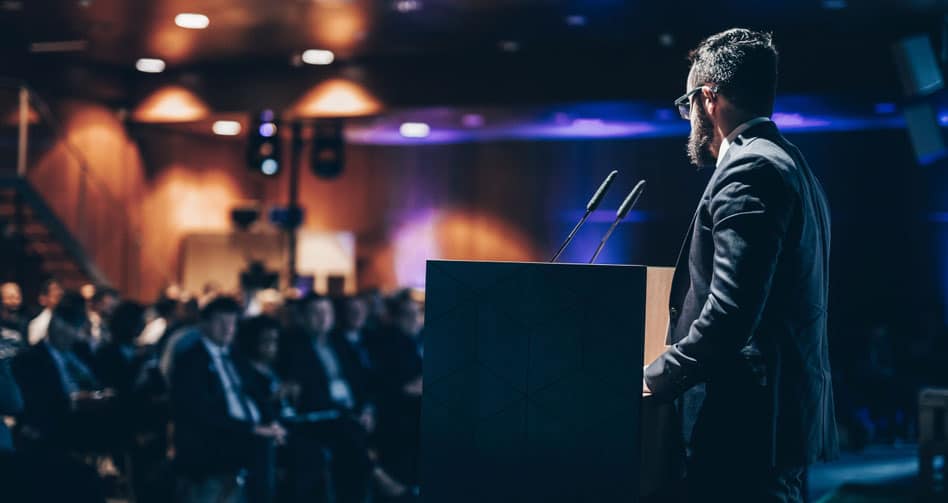Kerr’s opening shot is one of the best cinematic overtures of the year. In silence, we watch a group of seemingly well-off people moving through a field, images that recall a family gathering. It’s almost as if the camera can’t figure out who it should settle on, giving us the POV of a participant in the event while also defining the film’s fluid visual language. A character walks into a moving frame that goes too fast for her to keep up or slides over to someone else, almost like the wind is moving it. Silent at first, the sounds of the event slowly filter in as the kids play and the adults talk over one another.
After that tone-setter, Kerr settles into a large family estate where relatives have gathered for an annual event: the taking of a photograph for the year’s holiday card. Most scenes unfold with a static camera, almost as if someone placed one in the room to eavesdrop on a conversation – although that shouldn’t be construed as a criticism of Kerr’s incredibly strong eye, one that can make even these frozen shots feel more than mundane.
Eventually, a protagonist emerges in the form of Katy (Deragh Campbell), who has brought her Polish boyfriend Olek (Chris Galust) home to take the family portrait. Tension seems to emerge from the fact that he’s not included in the shot and that no one seems to have the urgency needed to take it with enough time for Katy and Olek to make their flight out. Conversations circle back to some of the international tension with talk of the death of a family member and a fascinating one about a photograph that may not be what it seems – you know, like how family photos don’t tell the whole story too.
It becomes clear that the matriarch of this clan has inexplicably disappeared. They can’t take the photo until they find Mom, but only Katy seems overly concerned. Is it because of the flight she might miss, or is something stranger going on? An extended sequence in which Katy walks the grounds and swims leads to a companion shot to that opening montage in which, soaking wet, she moves through a space where she passes other family members. Again, Kerr’s camera isn’t locked on Katy in a traditional manner, enhancing a sense of displacement and confusion – two things that would define so much of 2020.







































































